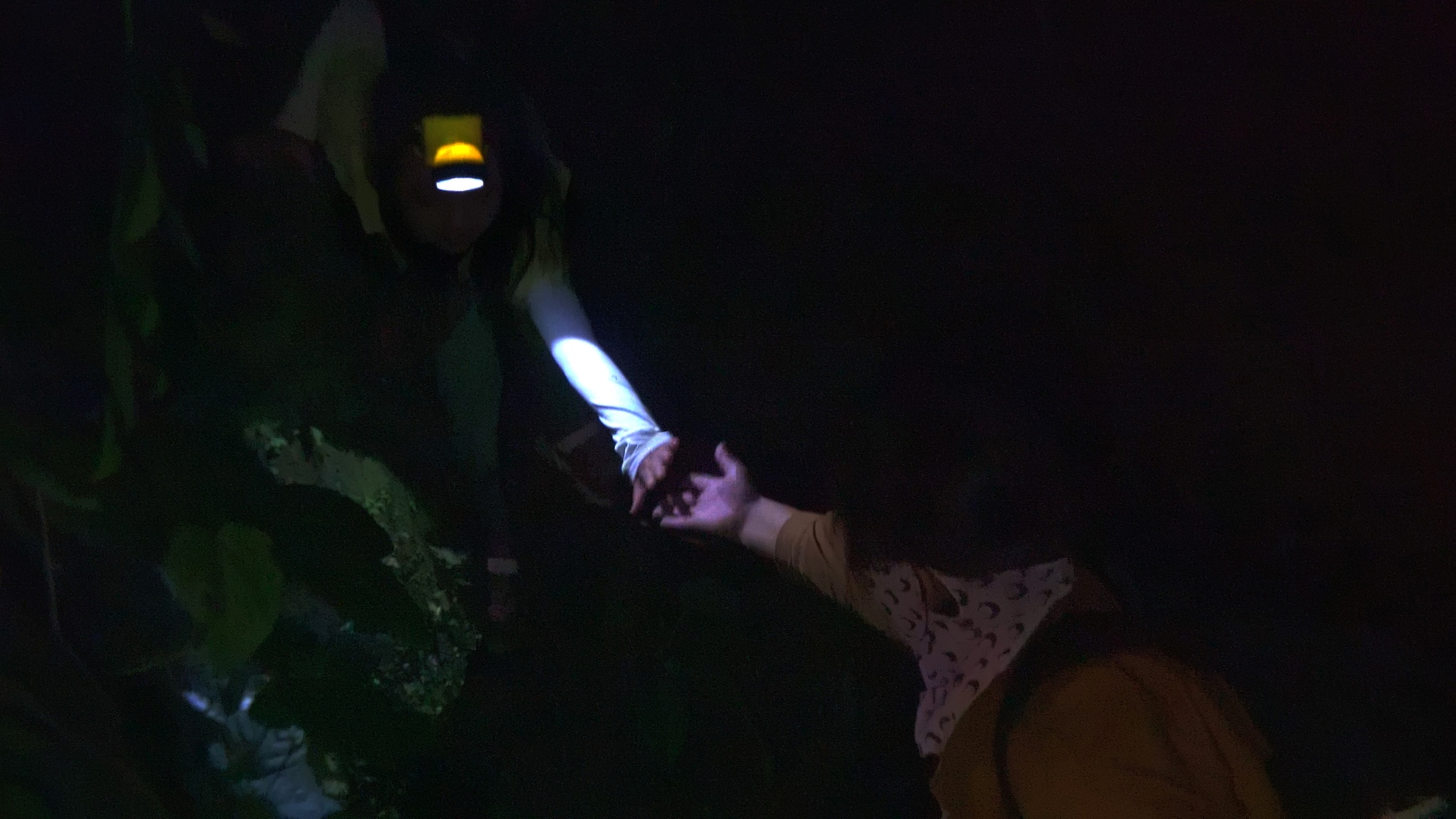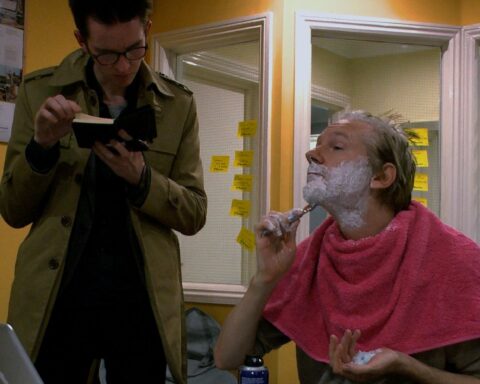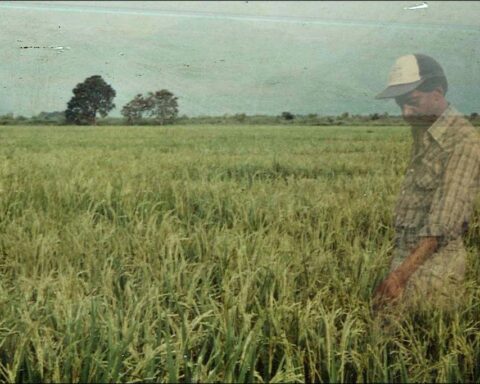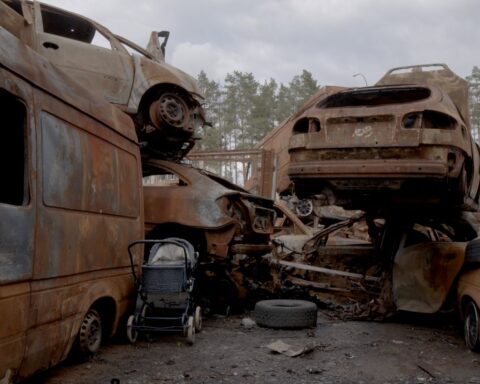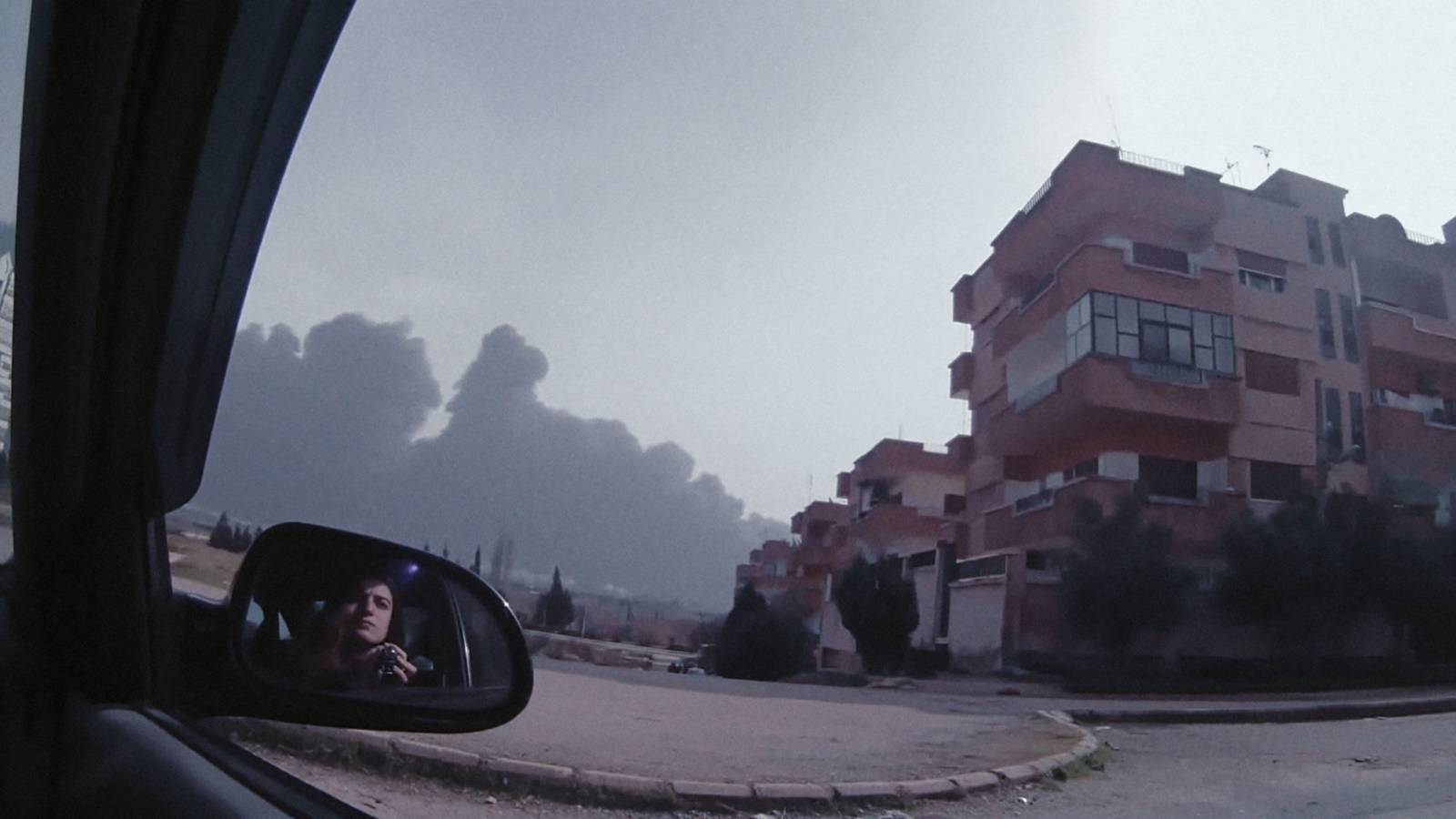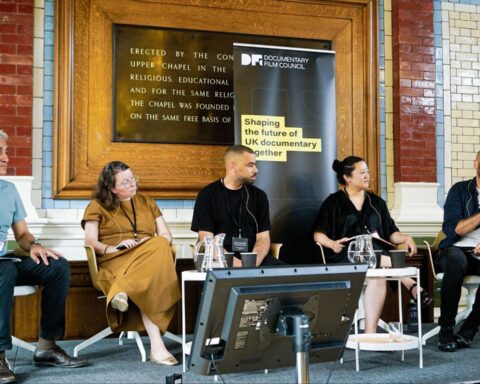Beyond Utopia
(USA, 115 min.)
Dir. Madeleine Gavin
Programme: U.S. Documentary Competition (World Premiere)
Beyond Utopia opens with a title card advising viewers that the film contains no re-enactments and drew footage from diverse sources. The advisory carries two important purposes. For one, it’s a chilling reminder that all the stories, events, and emotions that transpire are the real deal. Secondly, it excuses any roughness in the production. Sometimes people don’t have time to white balance, check their exposure, or frame the shot nicely while they’re running for their lives. No excuses are necessary, though, since Beyond Utopia delivers gripping stuff. Director Madeleine Gavin chronicles the plight of North Koreans defecting from their country in search of a better life. Beyond Utopia, which won the Audience Award for U.S. Documentary at Sundance, is run-and-gun filmmaking at its finest. It takes audiences along the harrowing dash for freedom.
Gavin packs the story with heart-pounding suspense as she follows three narratives of defectors. The key figure in the doc in Pastor Seungeun Kim, a Seoul-based man of faith eager to facilitate escape. The film connects with people in Kim’s network, like Soyeon Lee, who defected from North Korea a decade ago. She hopes to reunite with the son she had to leave behind. There’s also the five-member Ro family, who travel in a group with two children and their grandmother. By observing Pastor Kim and two key stories, Gavin’s film captures the danger of the great escape.
The Brokers and the Broken
The first hitch occurs when Lee learns that the border where her son aims to cross is especially dangerous. Her only contact is with anonymous brokers in Pastor Kim’s network. She deals with the brokers over the phone and receives contradictory fragments of information. The outlook is iffy and the film witnesses a mother’s pain, as she knows that either of two fates awaits her son if she’s caught. He’ll either be executed or sent to the gulags for a lifetime of labour. She also wrestles with the ideological burden that will arise if his defection succeeds. The alleged greatness of Kim Jong-un has been drilled into him since childhood. He knows nothing of the world outside North Korea, so Lee doesn’t know how she’ll recognize her son. But she also knows the price of letting him stay, having narrowly escaped amid her own defection.
Gavin weaves a history of North Korea’s propaganda machine amid the stories of escape. This thread may be didactic for some audiences, but the film doesn’t take viewers’ knowledge of Korean cultural for granted. Beyond Utopia mines archives for articles of indoctrination, which run from cartoons to idioms of speech. One interview tells how North Korea has no world for “American.” Rather, the demonym for someone from the U.S.A. is “American-bastard.” There’s also a fascinating element to the mythmaking that shares how North Korea propaganda openly steals from the Bible. The national narrative positions Kim as a Christ-like figure all but born in a manger. Bibles are banned so that students don’t question their sources from an early age.
Road to Freedom
There are also great consequences to facilitating the escape plan, as Beyond Utopia observes in Pastor Kim’s tale. He navigates a complicated network that crosses borders around Asia, including South Korea, China, and Vietnam. The superpower of China poses its own security risk they must consider. However, as the film spends time with the defectors, it illustrates the collective willpower required to combat this ideological monster. When the film observes the shock of Koreans as they discover life outside the alleged utopia–running water, abundant food–the reactions make Pastor Kim’s bravery doubly laudable.
Stakes also run high as Beyond Utopia follows the Ro family across the border. Where Lee’s storyline generally observes phone call after call, this one wades into no man’s land. This storyline offers guerrilla filmmaking at its best as the doc captures all steps of the perilous journey. The level of risk makes for white-knuckler suspense, particularly as Lee’s story frames their quest within the consequences of capture. Beyond Utopia is commendable for the dedication of all involved to get this story told, particularly the subjects, who could easily invite detection by having cameras along for the ride. Credit goes to the filmmakers for capturing such immediate footage without compromising the subjects who could pay for any slip-up with their lives.
One must also appreciate Gavin’s choice not to employ any re-enactments. There’s no need for slick action-packed drama when the real material is this nerve-wrackingly gripping. The clandestine aesthetic merely underscores the perilousness of crossing over.




